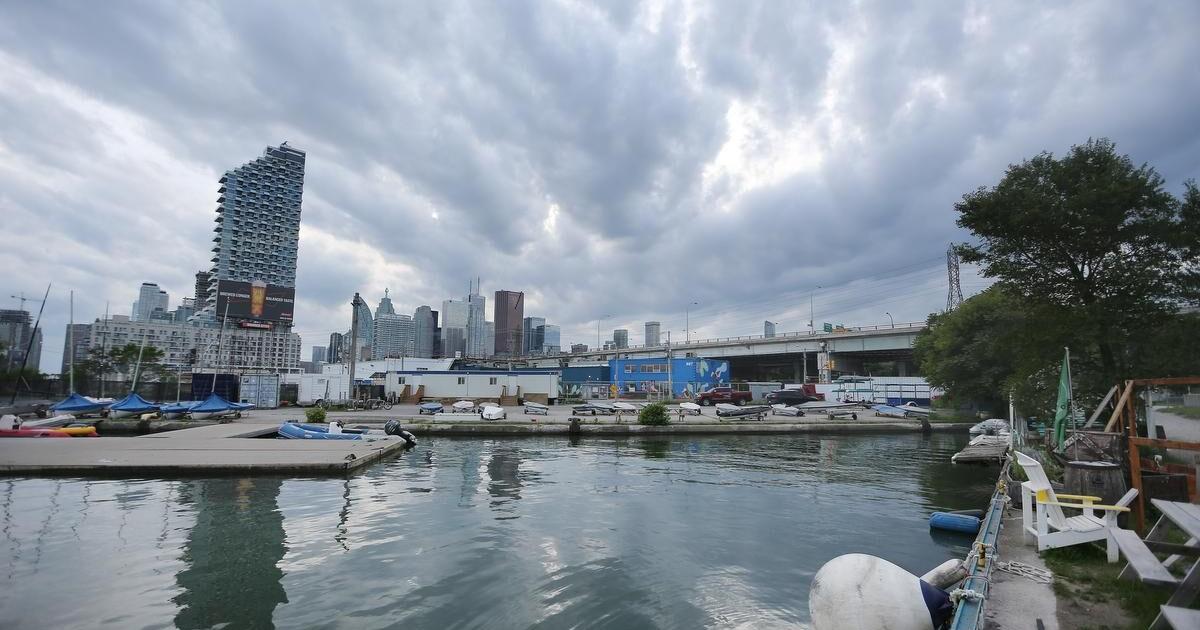Imagine Alphabet working in concert
with government in the future; that's the more likely scenario. The big tech giants are already tremendous lobbying forces in their own right; the lines between the private sector and government are increasingly being blurred. Now imagine a company like Google working on behalf of a government you despise, using your own data to track you, predict you, corner you. As per
@ericmacm, that's a sure-fire formula for dystopia. The potential for abuse is massive, the temptations too great.
We may indeed be hurtling toward a world where privacy doesn't exist. We'd be fools to pretend that doesn't harbour gravely negative consequences.

